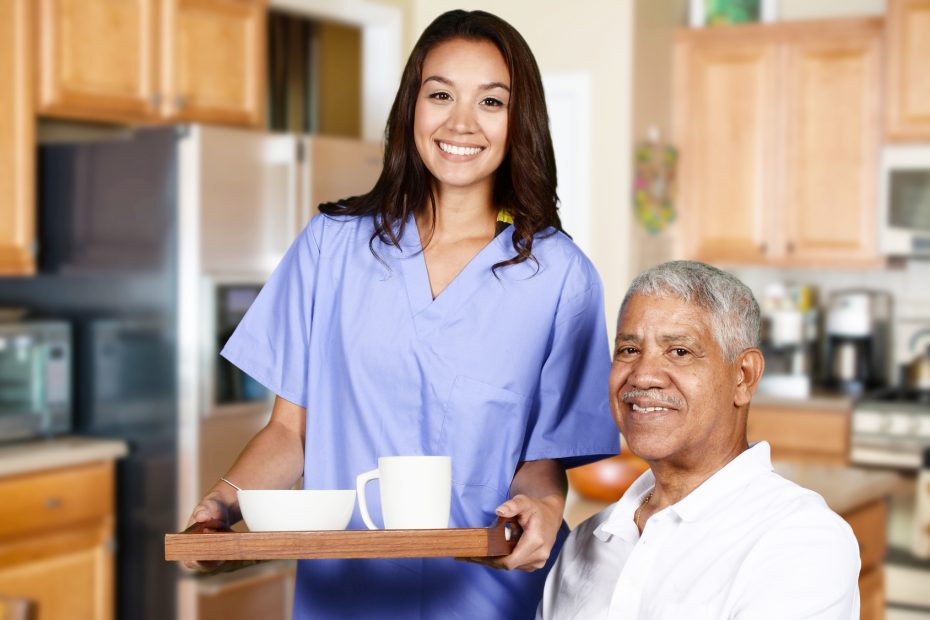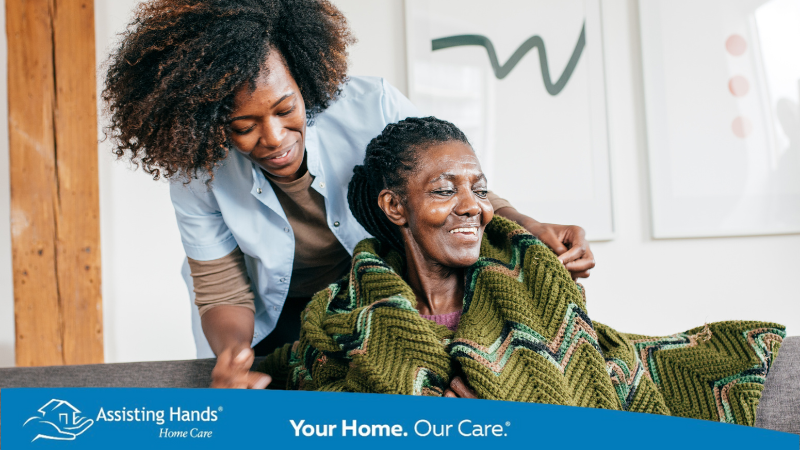The way most of us are used to eating is not ideal for senior citizens affected by stomach cancer. Besides dealing with the scary and life-altering news of having a grave illness, patients with stomach cancer are also dealing with the physical stress and discomfort of the side effects caused by their treatment, which makes diet all the more important for their overall well-being. As an in-home care provider, diet is one of the main things you have the power to control that can have a great impact on how well your senior response to cancer treatment and the demands it puts on their body.
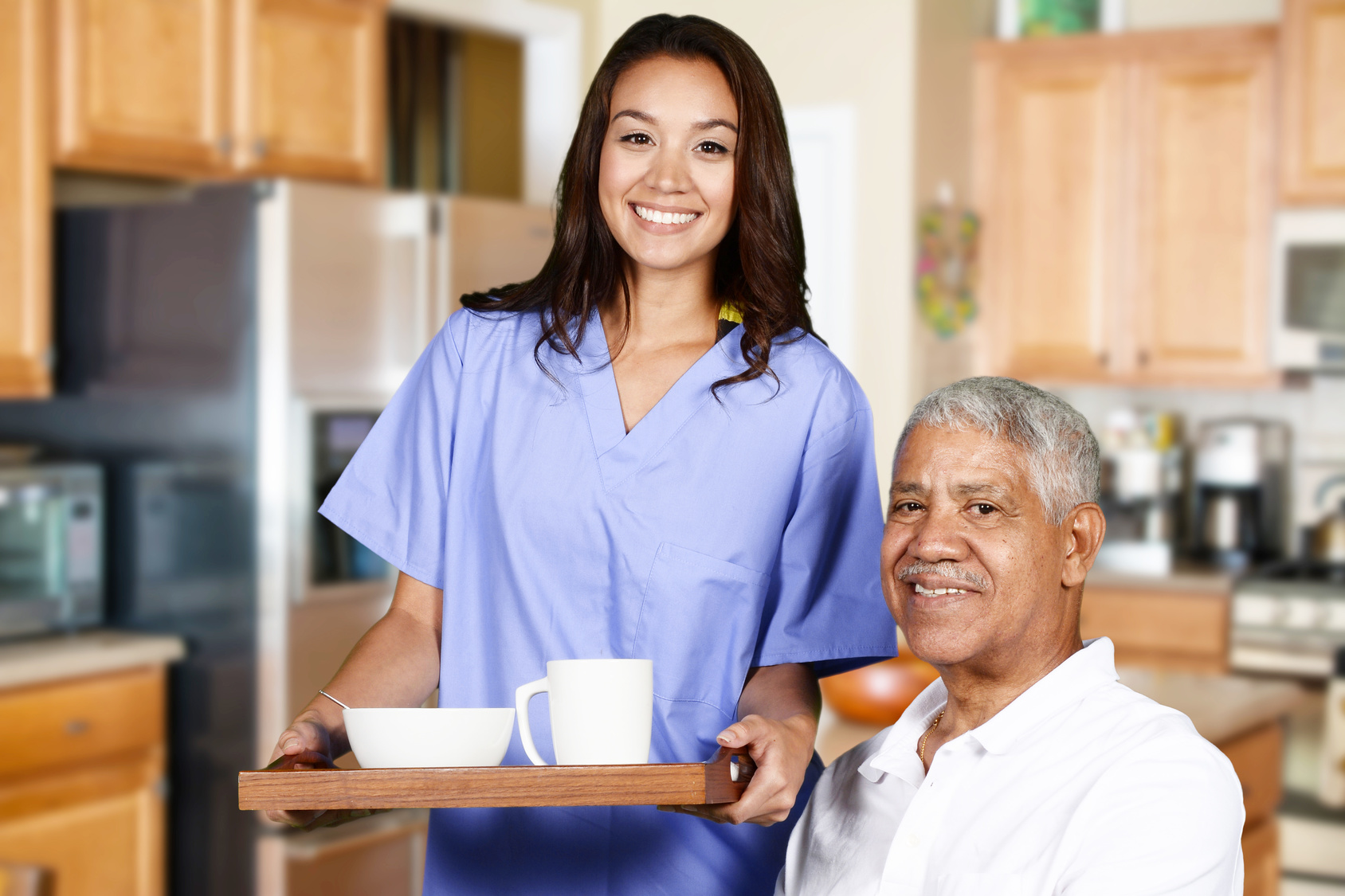
A good diet supports the body in all the things it needs to do to withstand and recover from treatment, whereas a poor one will leave your loved one depleted of the essential energy and nutrients needed to overcome their illness. The following tips and guidelines will help you put together nutritious meals for the senior in your life who is battling stomach cancer.
Eat Small Meals Frequently
Adequate nutrition is essential for the body to carry out its daily functions and withstand the rigorous demands of cancer treatment. In order to ensure your senior’s calorie intake is sufficient, feed him or her smaller meals at more regular intervals throughout the day. We recommend 5-6 small meals spaced roughly three hours apart.
Get Adequate Water Intake
Dehydration is a common side effect of cancer treatment and can lead to uncomfortable symptoms like fatigue, dry mouth, and headache. Causes of this range from vomiting or excessive urination in response to chemotherapy and radiation, to side effects of medication and even sweating. Make sure your senior is drinking at least 64 ounces of fluid daily during chemotherapy to prevent becoming dehydrated and avoid large amounts of coffee and other caffeinated beverages.
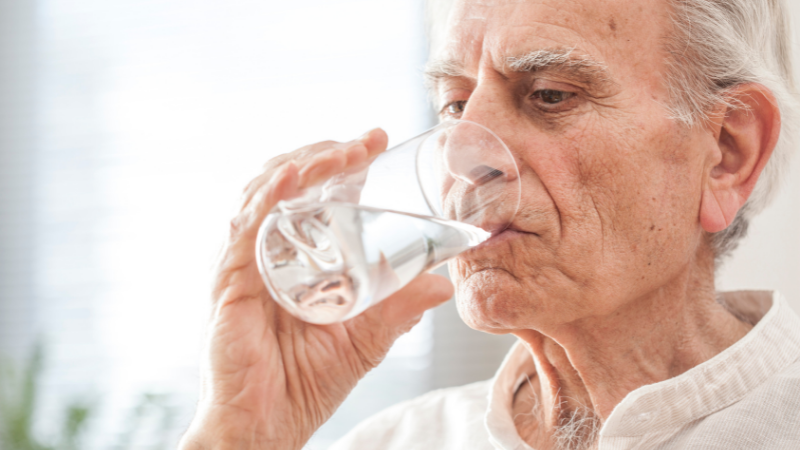
Include Protein
Protein is an essential component of the body’s cells and tissues, as well as the immune system. Protein helps our bodies to repair damaged cells and tissues, especially as we get older, and it works with our immune systems to fight illness. Protein should be consumed with every meal and snack to provide nutrients for your senior’s body. When planning a meal or snack, aim to include a source of lean protein such as low-fat dairy products, nuts, nut butter, soy foods, eggs, beans, and meat.
Include Whole Grains
The fiber and carbohydrates in whole-grain foods are important in a cancer patient’s diet. Whole grains provide essential nutrients including iron, selenium, zinc, thiamine, riboflavin, and folic acid. Whole grains can also help your loved ones meet their daily requirements for fiber. Good sources of whole grains include oatmeal, whole wheat bread, brown rice, and pasta made of whole wheat flour.
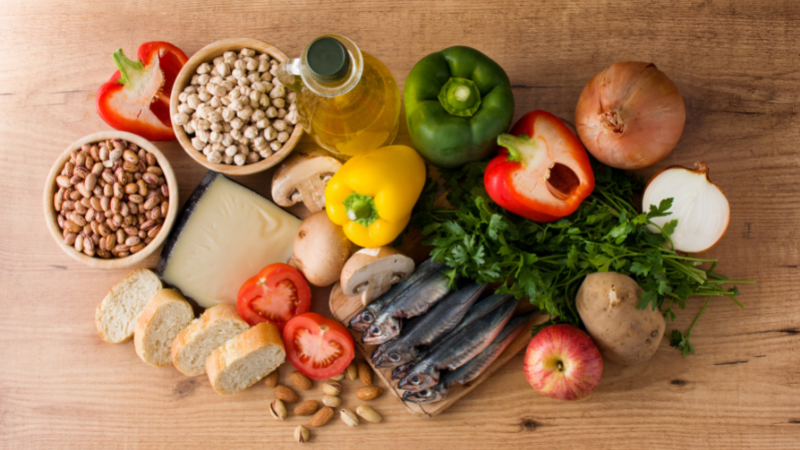
Read How to Boost Appetite for Seniors for more tips on meal preparation for your loved ones.
Choose Healthy Fats
Healthy fats are necessary for proper cell division and for the absorption of vitamins and minerals. They also play a role in regulating inflammation, which is beneficial to fighting cancer. Omega-3 fats are one such type of healthy fat found in cold-water fish like wild salmon, mackerel, and sardines, plus flaxseed, walnuts, and chia seeds. When consumed regularly, these foods can help regulate genes that guard against cancer.
Limit Processed Foods
While they may be convenient, packaged and processed foods such as bacon, sausage, chips, candy, and sweetened beverages are detrimental to the body and can put your loved one’s battle with cancer in jeopardy. To give the body what it needs to fight and recover from cancer treatment, avoid processed foods wherever possible and instead opt for whole foods such as leafy greens, fresh fruits, and whole grains.
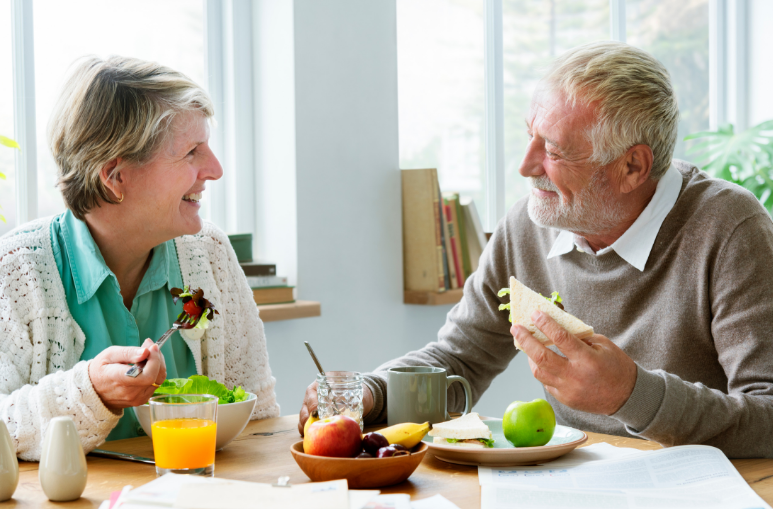
Avoid Alcohol
Seek medical advice before allowing your loved one to drink alcohol while undergoing cancer treatment. Alcohol may contribute to dehydration and interfere with the workings of the immune system, which can lower the effectiveness of treatment and contribute to other health problems. A good rule of thumb is to simply stay away from alcoholic beverages during your senior’s treatment journey.
Stomach cancer treatments can be difficult and devastating, but with the right knowledge, meal preparation doesn’t have to be. The key to healthy eating for seniors with stomach cancer, or any other cancer for that matter, is to understand the components of a healthy cancer diet and know what foods should be avoided during treatment. A good diet is high in vitamins and nutrients and low in processed, empty-calorie foods. Used properly, the food you serve to your elderly loved one undergoing stomach cancer treatment can be yet another tool in your arsenal for withstanding and potentially reversing the damaging effects of the disease.
At Assisting Hands Home Care of Batavia, we’re passionate about providing seniors the care they need during cancer treatment and beyond. If your busy life renders you unable to care for your loved one fighting stomach cancer on a regular basis, our team of talented senior home care professionals can help. Contact us today at (630) 948-8193 to schedule your free in-home assessment in Batavia, Aurora, Bartlett, Geneva, St Charles, Illinois, where we will review your loved one’s unique situation and come up with the best plan of action for their care.






